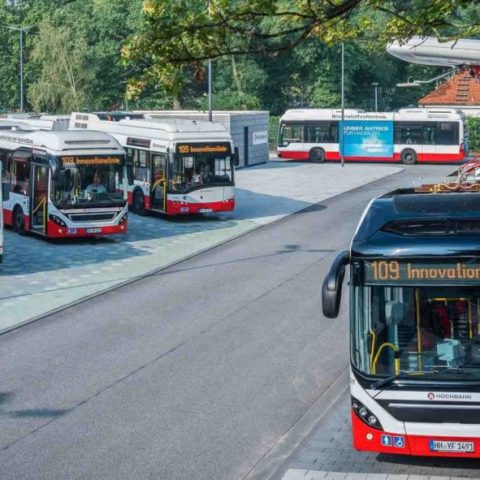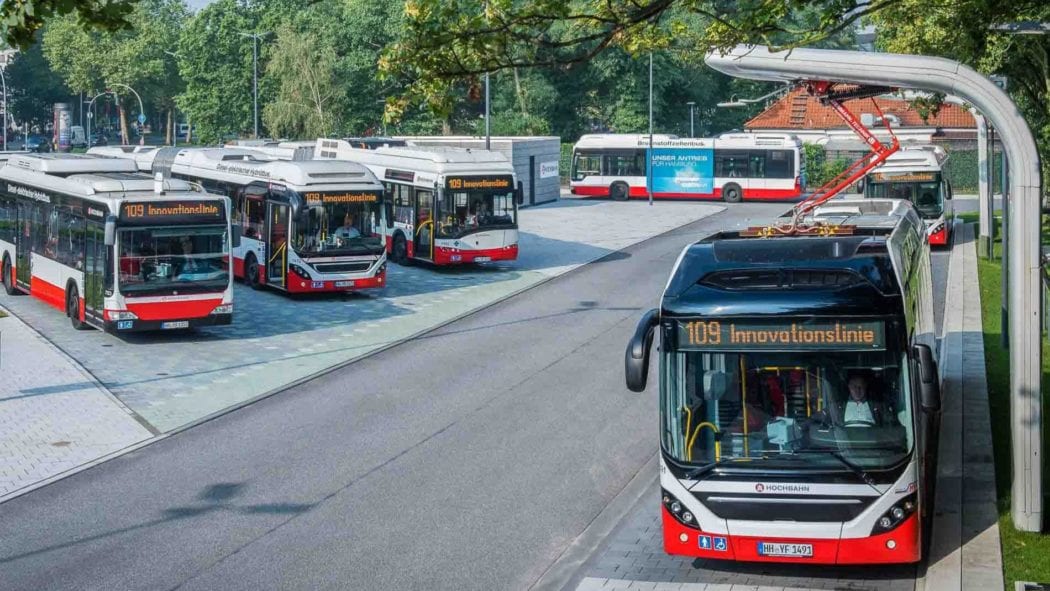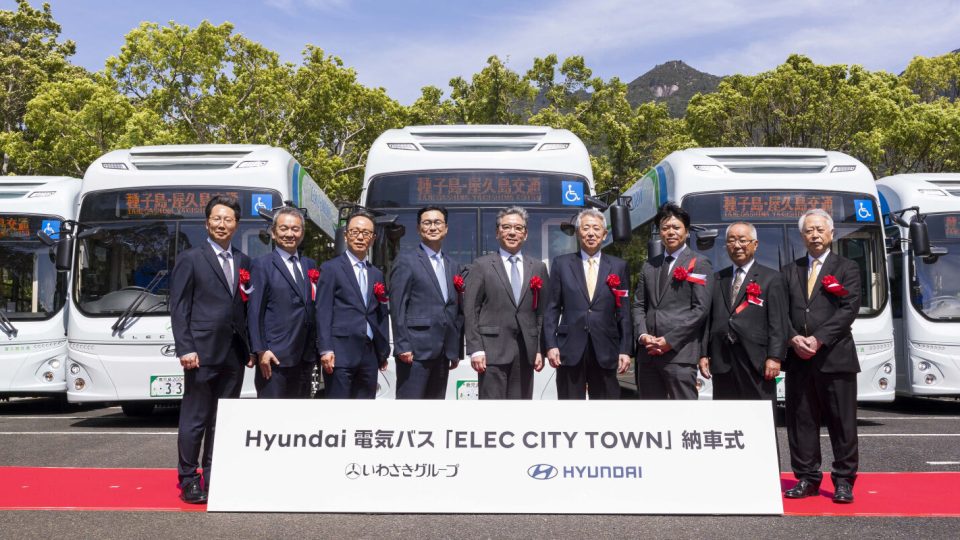Clean Vehicle Directive, German states and VDV call for a national procurement quota of ZE buses
Clean Vehicle Directive in Germany: the VDV welcomes the federal states’ call for a national procurement quota concerning zero emission buses instead of a quota that would be mandatory for each bus procurement. The Bundesrat (the Upper House of the German Parliament which represents the sixteen federated states of Germany at the federal level) has adopted […]

Clean Vehicle Directive in Germany: the VDV welcomes the federal states’ call for a national procurement quota concerning zero emission buses instead of a quota that would be mandatory for each bus procurement.
The Bundesrat (the Upper House of the German Parliament which represents the sixteen federated states of Germany at the federal level) has adopted a series of amendments to the Federal Government’s draft law on the implementation of the EU Clean Vehicles Directive, that must be translated into national laws in the UE contries by August 2021. The VDV says in a press release that the association «welcomes the proposals, especially with regard to the introduction of a national procurement quota».

Clean Vehicle Directive in Germany
The Clean Vehicle Directive (CVD), precisely known under the denomination 2019/1161 EU, provides for quota of low and zero emission buses that must be observed in public transport bus procurement. In Germany and Western European countries, 45 % of buses purchased by 31 December 2025 must be low-emissions. And half of them (22.5%) must be zero emissions. Then, from 2026 to 2030, the quotas grow to 65% and 32,5% respectively.
VDV calls for national quota
“The proposed amendments take account the new challenges that public passenger transport will face in the coming years. Above all, we expressly support the introduction of a national procurement quota instead of a quota that would have to be met for every bus procurement. This is a key industry demand, because only in this way will the CVD remain feasible in business and economic terms for all transport companies,” said VDV President Ingo Wortmann.
In the VDV’s view, the implementation concept of the VDV envisaged by the Federal Government would lead to smaller transport companies in particular, often operating in rural areas, being overburdened in terms of business management and organization. “This concerns the conversion of depots, which becomes necessary from the first emission-free or clean vehicle onwards, the construction of charging infrastructures, the parallel infrastructure operation at the beginning and the necessary qualified personnel”.
The federal states, on the other hand, propose – like the VDV – a nationwide quota fulfilment with an effective, uniform register. A system that would enable a lower administrative burden. The association had offered to ensure such data collection on behalf of the federal government and the states, the VDV itself points out.
Clean Vehicle Directive, funding should be adapted
The VDV adds: “We also welcome the proposal of the Länder that public transport funding and the funding catalogues must be adapted for the procurement of new vehicles. Because without adequate funding for the entire system, it will not be possible to achieve the stricter targets for climate protection and air pollution control».
«At the same time, it is important that the announced federal funding programme of 800 million euros for the promotion of zero- and low-emission buses and for necessary infrastructures in the period 2021 to 2024 is made available promptly,” said Ingo Wortmann. With the help of financial support from the federal and state governments, more than 2,000 buses with alternative drives are now in operation, according to the industry association. Applications for funding have been submitted or approved for a further 1,400 clean buses. The concrete details are set to be discussed in the Bundestag from March.








